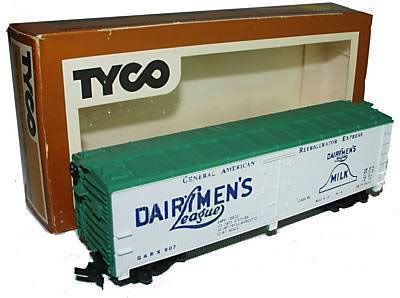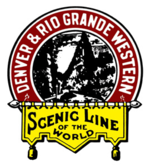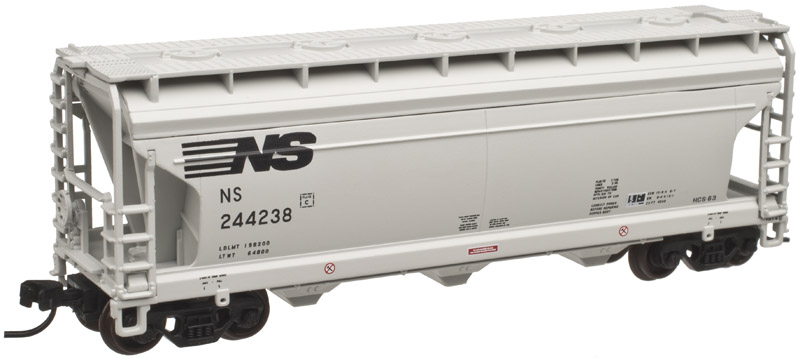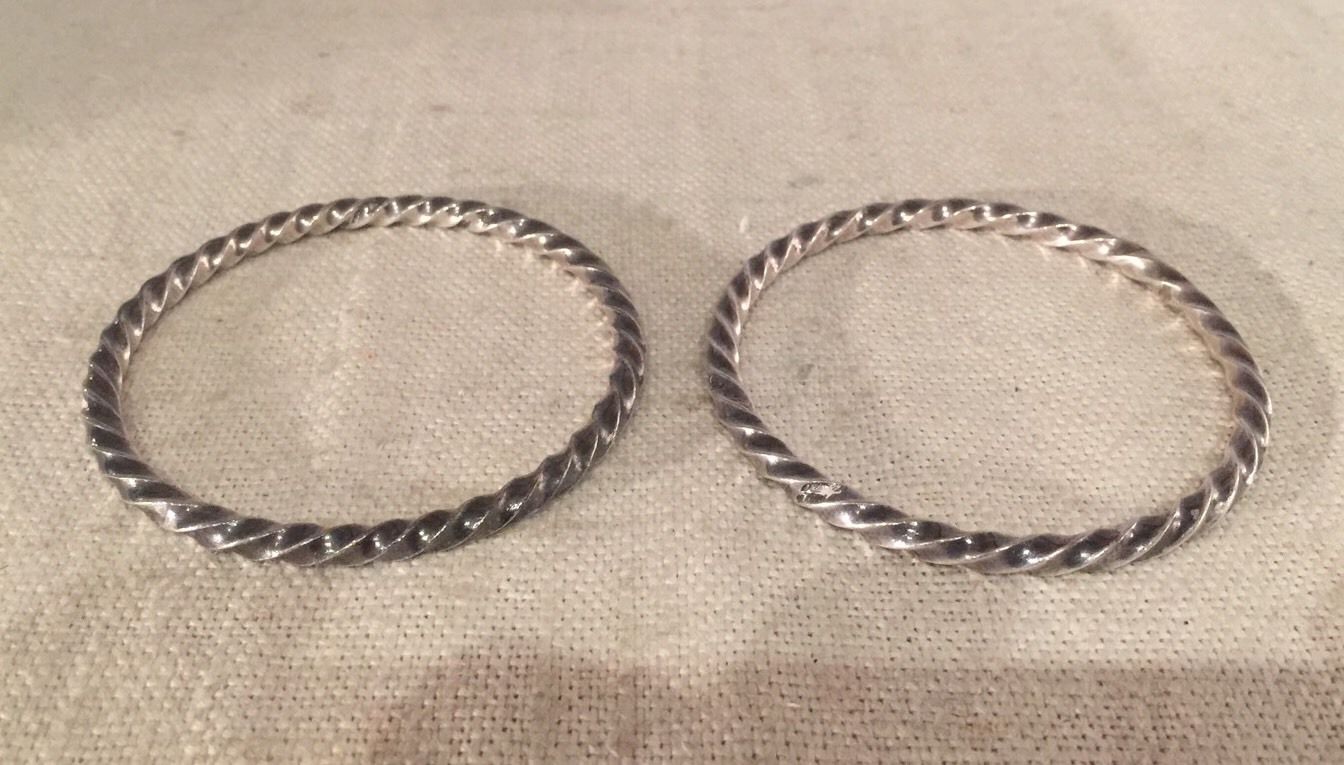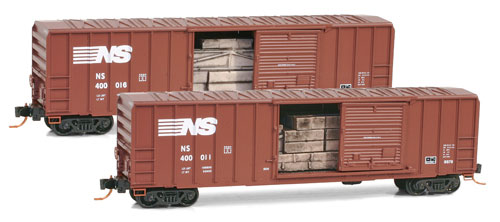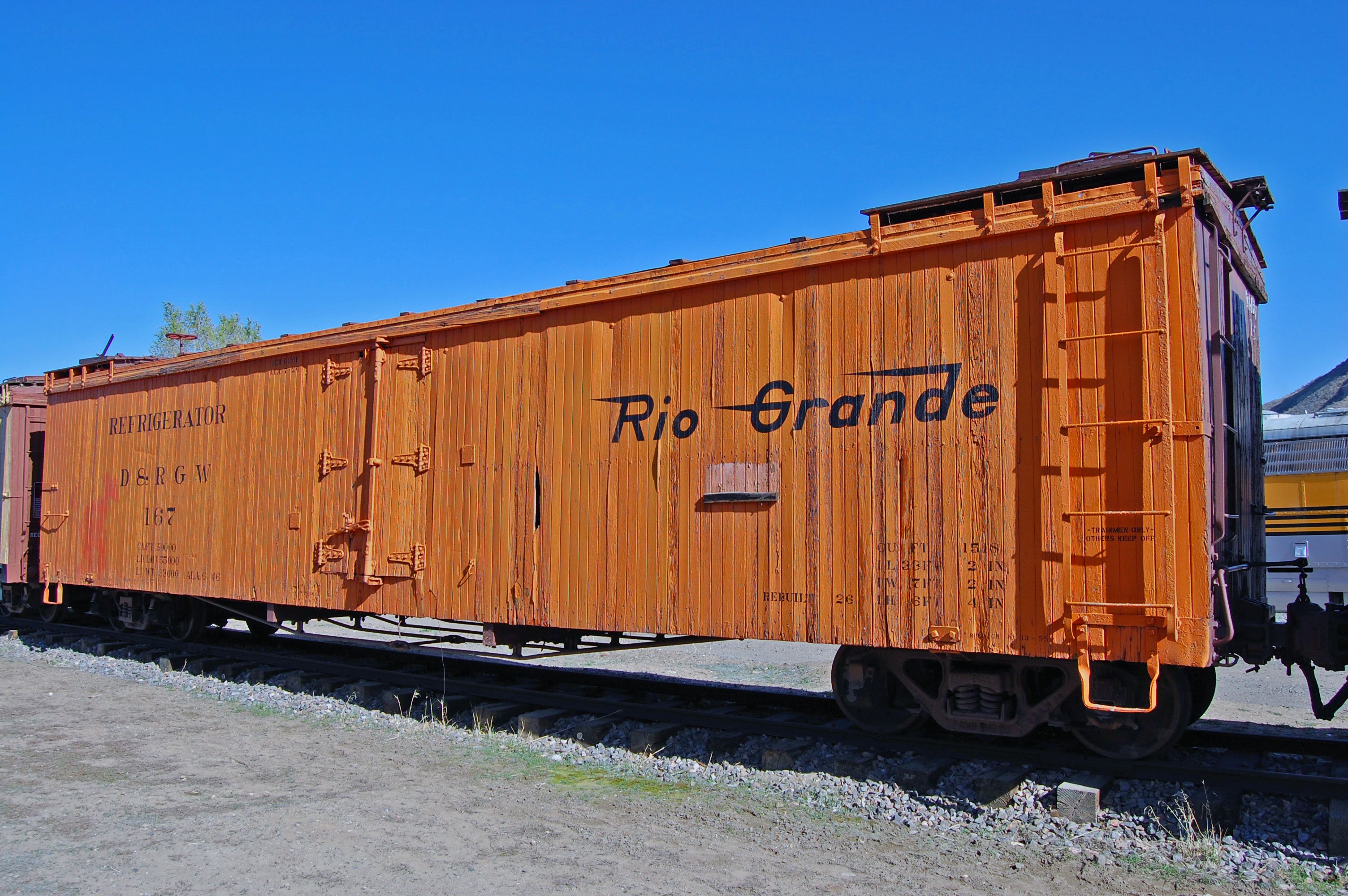General Information About Item: This car has "Tyco" stamped on the under carriage
Prototype Information: In 1924 and 1926, the D&RGW shops in Alamosa built one last class of refrigerator cars, still made mostly of wood: twenty "long" reefers, with a length of 40ft and a capacity of 25 tons (#150 to 169). They rode on Andrews trucks and were designed to have the same capacity as a small standard gauge refrigerator car, to facilitate transhipments at the gauge changing points. In 1967, 12 of these refrigerator cars were still active on the Rio Grande. Today, four long reefers are conserved on the Cumbres & Toltec Scenic Railroad (#157, 163, 166 and 169), two at the Colorado Railroad Museum (#159 and 167), one on the Georgetown Loop Railroad (#153) and #168 is part of the Sumpter Valley Railway collection.
Brand/Importer Information: The history of TYCO trains can be traced back to John Tyler, a pioneer in HO scale who helped found the Mantua Toy & Metal Products Company in 1926 with other members of his family. They began selling trains under the Mantua name in the 1930s. Early offerings included the powerful Midjet Motor as well as a variety of rolling stock and steam locomotive kits. The shift towards “ready-to-run” (RTR) train sets after World War II led to the creation of the Tyler Manufacturing Company in 1952, better known as TYCO .
Consolidated Foods purchased TYCO in 1970, and manufacturing was shifted from New Jersey to Hong Kong. Consolidated Foods would later change its name to Sara Lee, though Norman Tyler remained as an executive with the new company. This change in ownership ushers in the “brown-box” period for collectors. Prior to 1970, TYCO offered models that reflected fairly accurate prototypes. After 1970, TYCO’s offerings wander into a fantasy world of unprototypical models.
The TYCO model railroad business was bought back by the Tyler family in 1977, who revived them under the Mantua Industries brand. Model train production by TYCO ended in the 1990s, with the final catalog appearance in 1993. The TYCO name continues as a line of radio-controlled cars produced by Mattel.
Many of the TYCO model train products were subsequently manufactured by Mantua and by International Hobby Corporation (IHC). In 2001, Mantua stopped producing its model railroad lines and sold the business to the Model Power company, which continued to sell a few items such as steam engines and freight cars under its Mantua Classics brand. In early 2014, Model Power was acquired by Model Rectifier Corporation (MRC). The company continued to make the Mantua Classics line.
Read more on HO Scale Train Resources and TYCO Brown-Box Era websites.
Consolidated Foods purchased TYCO in 1970, and manufacturing was shifted from New Jersey to Hong Kong. Consolidated Foods would later change its name to Sara Lee, though Norman Tyler remained as an executive with the new company. This change in ownership ushers in the “brown-box” period for collectors. Prior to 1970, TYCO offered models that reflected fairly accurate prototypes. After 1970, TYCO’s offerings wander into a fantasy world of unprototypical models.
The TYCO model railroad business was bought back by the Tyler family in 1977, who revived them under the Mantua Industries brand. Model train production by TYCO ended in the 1990s, with the final catalog appearance in 1993. The TYCO name continues as a line of radio-controlled cars produced by Mattel.
Many of the TYCO model train products were subsequently manufactured by Mantua and by International Hobby Corporation (IHC). In 2001, Mantua stopped producing its model railroad lines and sold the business to the Model Power company, which continued to sell a few items such as steam engines and freight cars under its Mantua Classics brand. In early 2014, Model Power was acquired by Model Rectifier Corporation (MRC). The company continued to make the Mantua Classics line.
Read more on HO Scale Train Resources and TYCO Brown-Box Era websites.
Manufacturer Information: The history of TYCO trains can be traced back to John Tyler, a pioneer in HO scale who helped found the Mantua Toy & Metal Products Company in 1926 with other members of his family. They began selling trains under the Mantua name in the 1930s. Early offerings included the powerful Midjet Motor as well as a variety of rolling stock and steam locomotive kits. The shift towards “ready-to-run” (RTR) train sets after World War II led to the creation of the Tyler Manufacturing Company in 1952, better known as TYCO .
Consolidated Foods purchased TYCO in 1970, and manufacturing was shifted from New Jersey to Hong Kong. Consolidated Foods would later change its name to Sara Lee, though Norman Tyler remained as an executive with the new company. This change in ownership ushers in the “brown-box” period for collectors. Prior to 1970, TYCO offered models that reflected fairly accurate prototypes. After 1970, TYCO’s offerings wander into a fantasy world of unprototypical models.
The TYCO model railroad business was bought back by the Tyler family in 1977, who revived them under the Mantua Industries brand. Model train production by TYCO ended in the 1990s, with the final catalog appearance in 1993. The TYCO name continues as a line of radio-controlled cars produced by Mattel.
Many of the TYCO model train products were subsequently manufactured by Mantua and by International Hobby Corporation (IHC). In 2001, Mantua stopped producing its model railroad lines and sold the business to the Model Power company, which continued to sell a few items such as steam engines and freight cars under its Mantua Classics brand. In early 2014, Model Power was acquired by Model Rectifier Corporation (MRC). The company continued to make the Mantua Classics line.
Read more on HO Scale Train Resources and TYCO Brown-Box Era websites.
Consolidated Foods purchased TYCO in 1970, and manufacturing was shifted from New Jersey to Hong Kong. Consolidated Foods would later change its name to Sara Lee, though Norman Tyler remained as an executive with the new company. This change in ownership ushers in the “brown-box” period for collectors. Prior to 1970, TYCO offered models that reflected fairly accurate prototypes. After 1970, TYCO’s offerings wander into a fantasy world of unprototypical models.
The TYCO model railroad business was bought back by the Tyler family in 1977, who revived them under the Mantua Industries brand. Model train production by TYCO ended in the 1990s, with the final catalog appearance in 1993. The TYCO name continues as a line of radio-controlled cars produced by Mattel.
Many of the TYCO model train products were subsequently manufactured by Mantua and by International Hobby Corporation (IHC). In 2001, Mantua stopped producing its model railroad lines and sold the business to the Model Power company, which continued to sell a few items such as steam engines and freight cars under its Mantua Classics brand. In early 2014, Model Power was acquired by Model Rectifier Corporation (MRC). The company continued to make the Mantua Classics line.
Read more on HO Scale Train Resources and TYCO Brown-Box Era websites.
Item created by: luchestr on 2023-12-12 17:12:39. Last edited by luchestr on 2023-12-12 17:31:41
If you see errors or missing data in this entry, please feel free to log in and edit it. Anyone with a Gmail account can log in instantly.
If you see errors or missing data in this entry, please feel free to log in and edit it. Anyone with a Gmail account can log in instantly.


